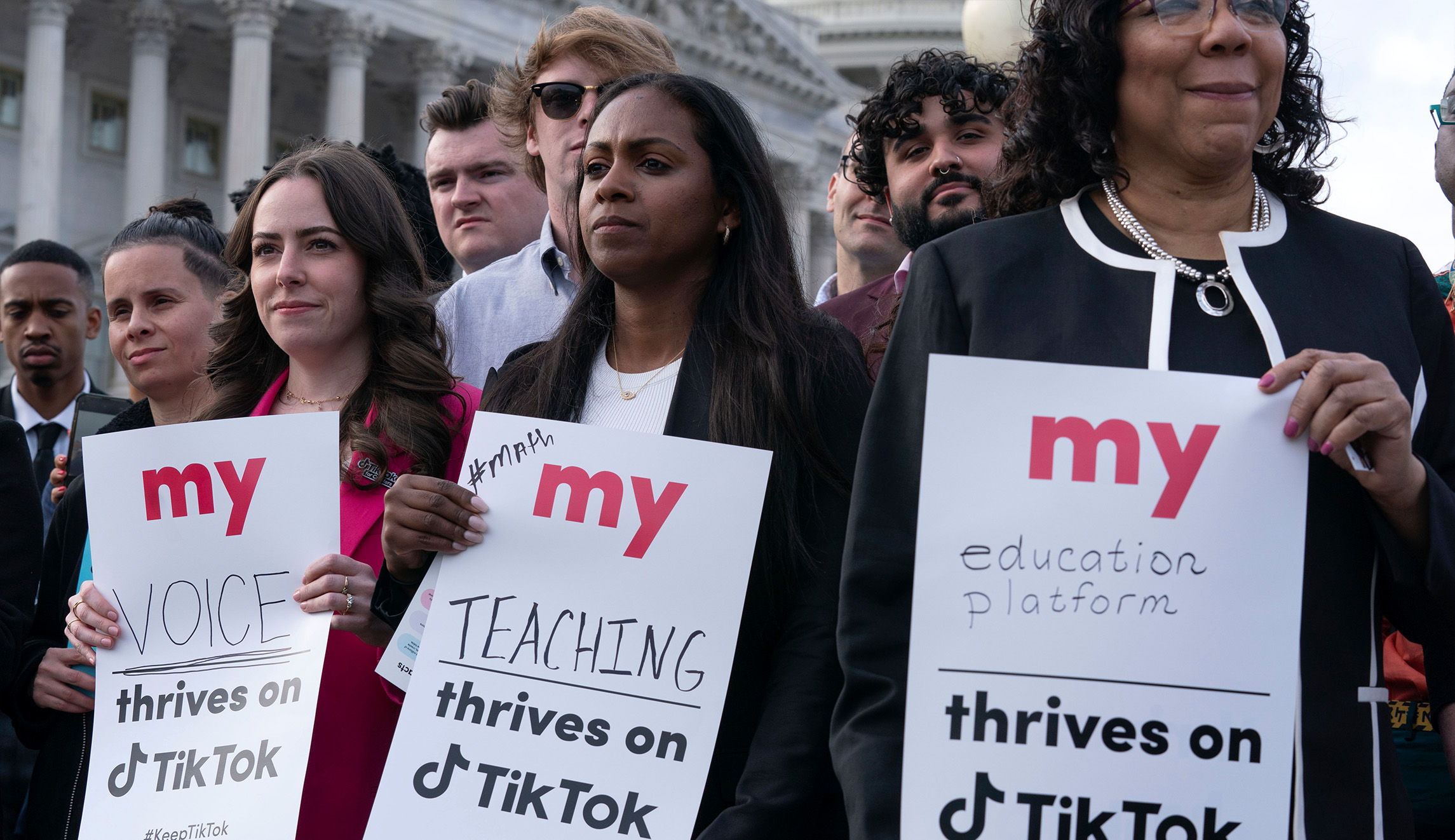As lawmakers scramble in the United States to regulate homegrown technology giants such as Amazon, Apple, Google, and Facebook, Europe is moving fast on rules that may shape the future of innovation here and around the world.
In the last several weeks, the European Council and the European Parliament moved one step closer to an unprecedented regulatory regime that would require so-called digital gatekeeper platforms to surrender critical competitive advantages to their rivals. The targeted firms are companies with market capitalizations of at least $82.6 billion or $8.26 billion in revenues. The rules apply to providers of at least one “core platform service” and have a minimum of 45 million monthly users in the European Union. Called the Digital Markets Act, the suite of regulations may be European in origin. Still, most of its most prominent targets are American providers of “core” services, including online advertising, search engines, social media, messaging, and more. The U.S. is home to half of the 10 most prominent tech companies globally. The EU is home to none.
While the law, known as the DMA, is awaiting final approval from the European Parliament and the European Union’s 27 member states, it is considered in Brussels almost certain to pass. European Commission Vice President Margrethe Vestager told reporters she expects the law to be in place by October. At that time, companies will have to prove compliance ongoing.
The DMA includes penalties and fines of up to 10% of a company’s global revenue for first-time offenders, which would jump to 20% for repeat offenses. Regulators would also have the option of “behavioral” and “structural” remedies, such as breaking up companies that violate the DMA rules.
The specific prohibitions include dominant platforms favoring their products over competitors. For example, this could mean the rules would forbid Google from displaying its Google Maps service as a top result on its own search engine. The placement could be viewed as discriminatory against competitors. Similarly, Amazon may be banned from highlighting Amazon Prime benefits, such as quick or free delivery, in search results, including offerings from third-party sellers who do not offer those perks.
The DMA’s bans on self-preferencing are akin to those in the proposed American Innovation and Choice Online Act, introduced by Democratic Sen. Amy Klobuchar of Minnesota and Republican Sen. Chuck Grassley of Iowa. Pushing back against the legislation, big U.S. tech firms have expressed concerns about the degradation of the consumer experience if these prohibitions are adopted.
Apple’s so-called walled-garden approach is also likely to become illegal under the DMA. Currently, users of devices with iOS operating systems, such as iPhones and iPads, can only download apps from Apple’s App Store. But this business model is prohibited by the DMA. Moreover, if the rules go into effect as expected, Apple would have to allow the “sideloading” of apps onto its customers’ devices and open its App Store to third-party systems for in-app payments. This has been taken up in U.S. legislation, too. On both sides of the Atlantic, Apple has warned about the risks to the company’s ability to ensure user safety, privacy, and convenience for their customers if forced access becomes law.
The DMA’s interoperability requirements are similar to those being considered stateside. In Europe, messaging services such as WhatsApp will have to open their platforms to interoperate with competing messaging services. Along the same lines, a U.S. House bill introduced last year, the Augmenting Compatibility and Competition by Enabling Service Switching Act, known as the ACCESS Act, would require similar compatibility of large online platforms so users could more easily switch providers. That bill, part of a six-bill package, made it out of the House Judiciary Committee last summer but has not been given a full vote.
While many of the prohibitions and obligations in the DMA mirror pending legislation here in the U.S., the road to adoption has been rougher. Part of the reason may be that while Europe’s tech sector has long struggled, which is itself one of the motivations for the new restrictions, America remains the world leader in the tech sector.
Lazar Radic, a Madrid-based senior scholar with the International Law and Economics Center, told the Washington Examiner that “the DMA and the antitrust bills under consideration by Congress cover more or less the same conduct by the same companies and in the same markets.”
“Where they differ is that the U.S. bills generally allow companies more opportunities to challenge prosecutions,” Radic said. “For example, Sen. Amy Klobuchar’s bill allows for carve-outs, not just to protect safety and user privacy but also to maintain or even substantially enhance a platform’s core functions. Nothing like that is possible under the DMA. Still, we will have to wait and see how these defenses play out in court.”
But with Congress unlikely to take up much challenging legislation for the remainder of this election year, it looks more likely that Europe will take the lead.







